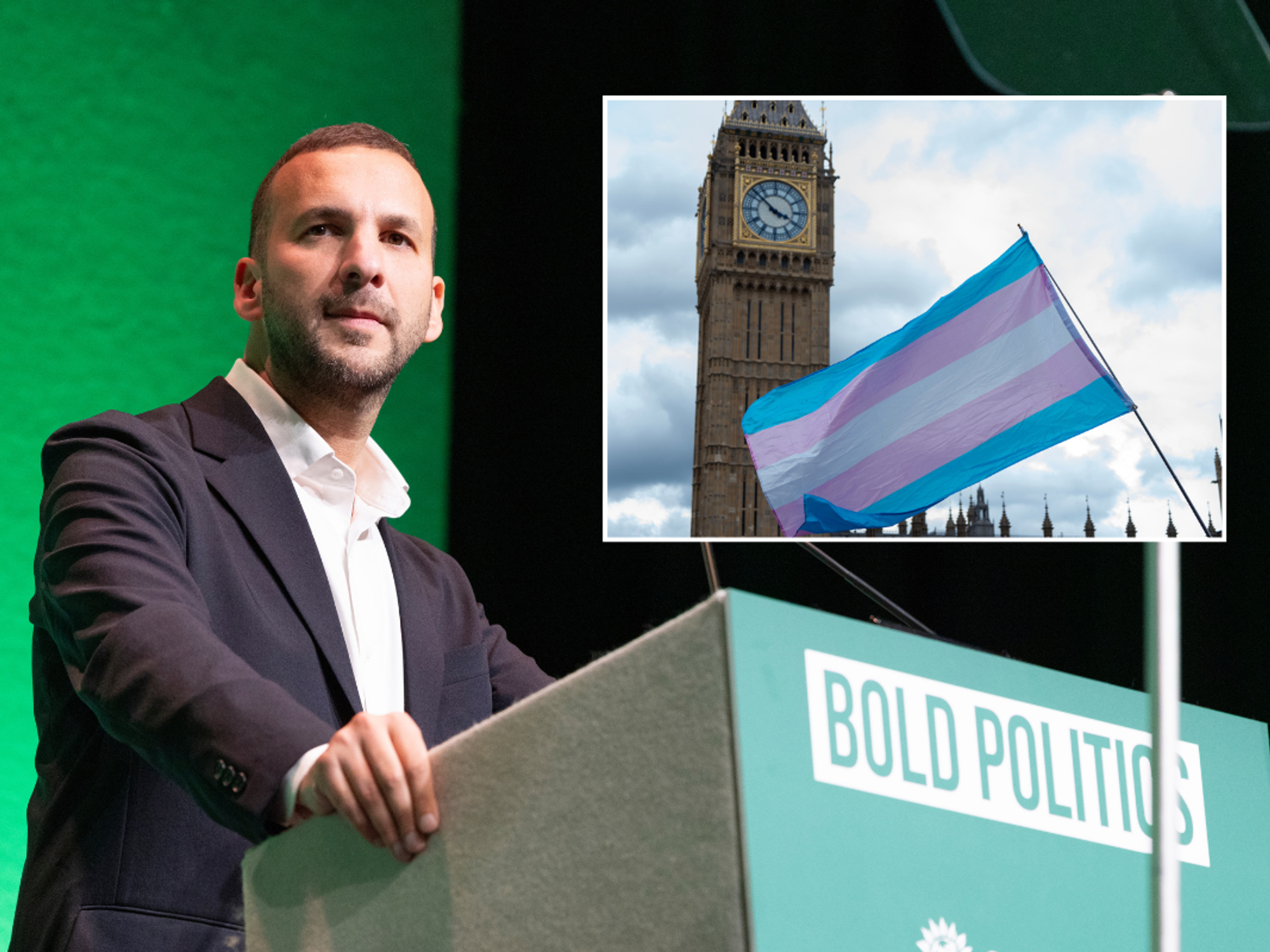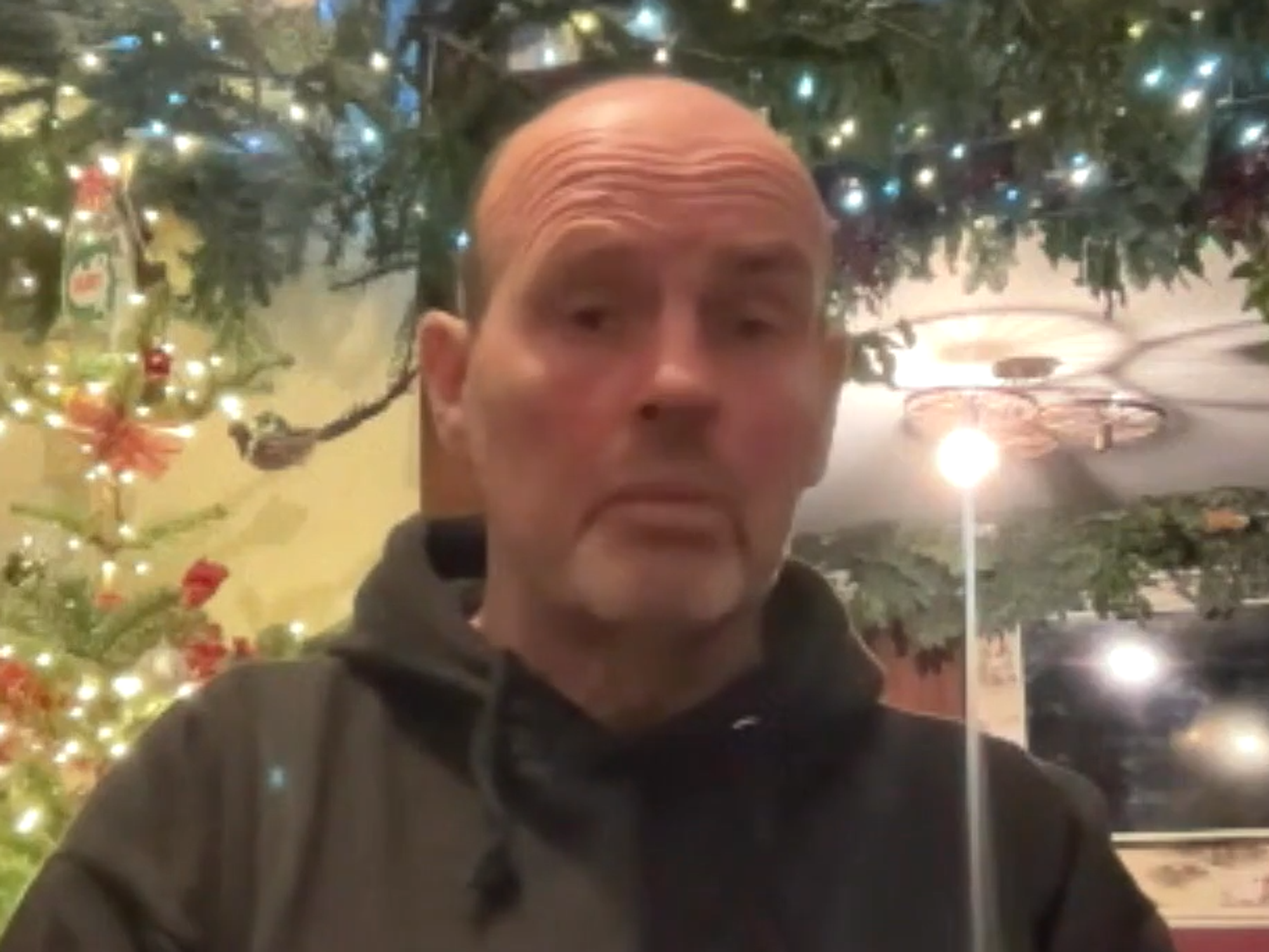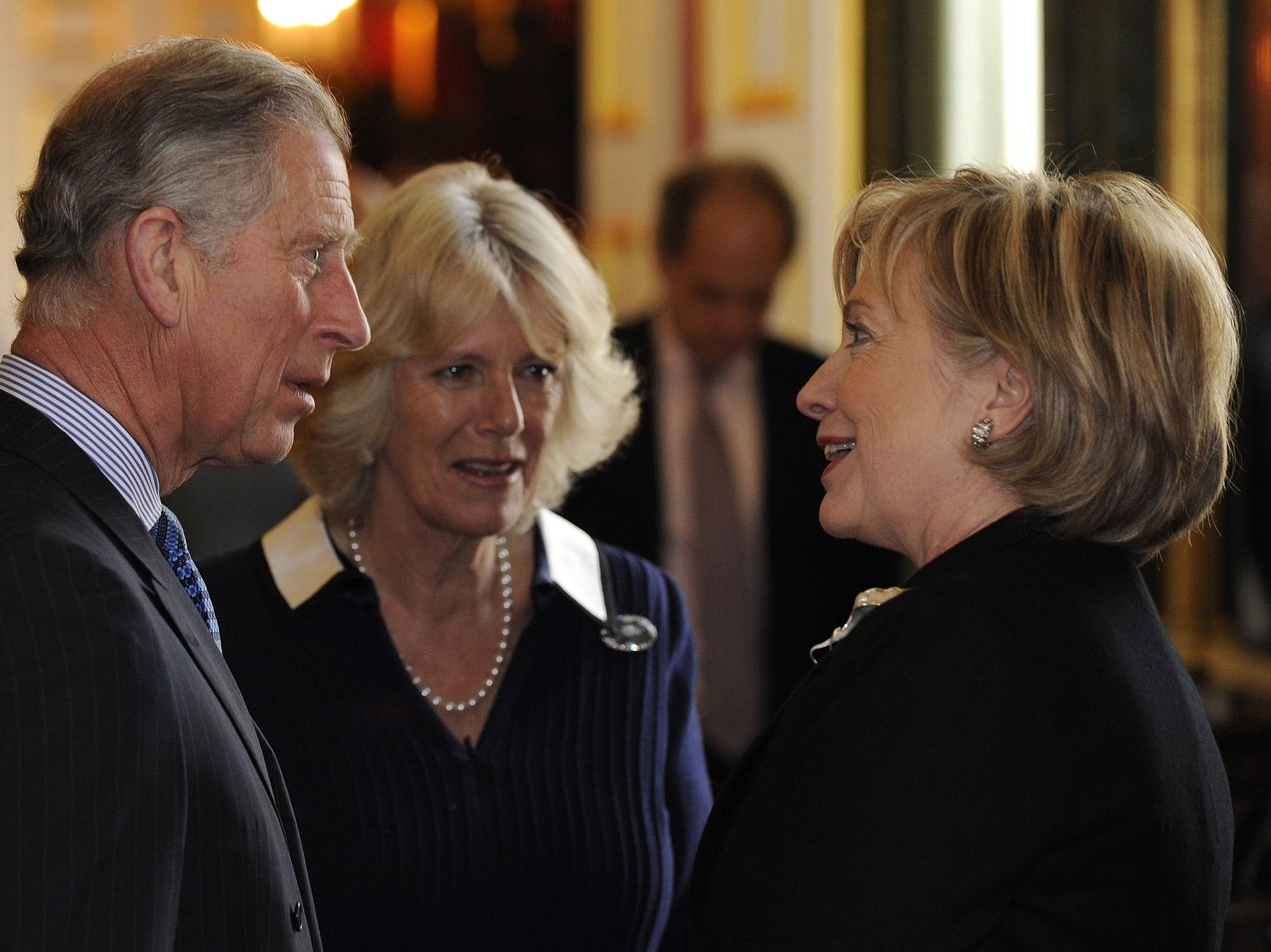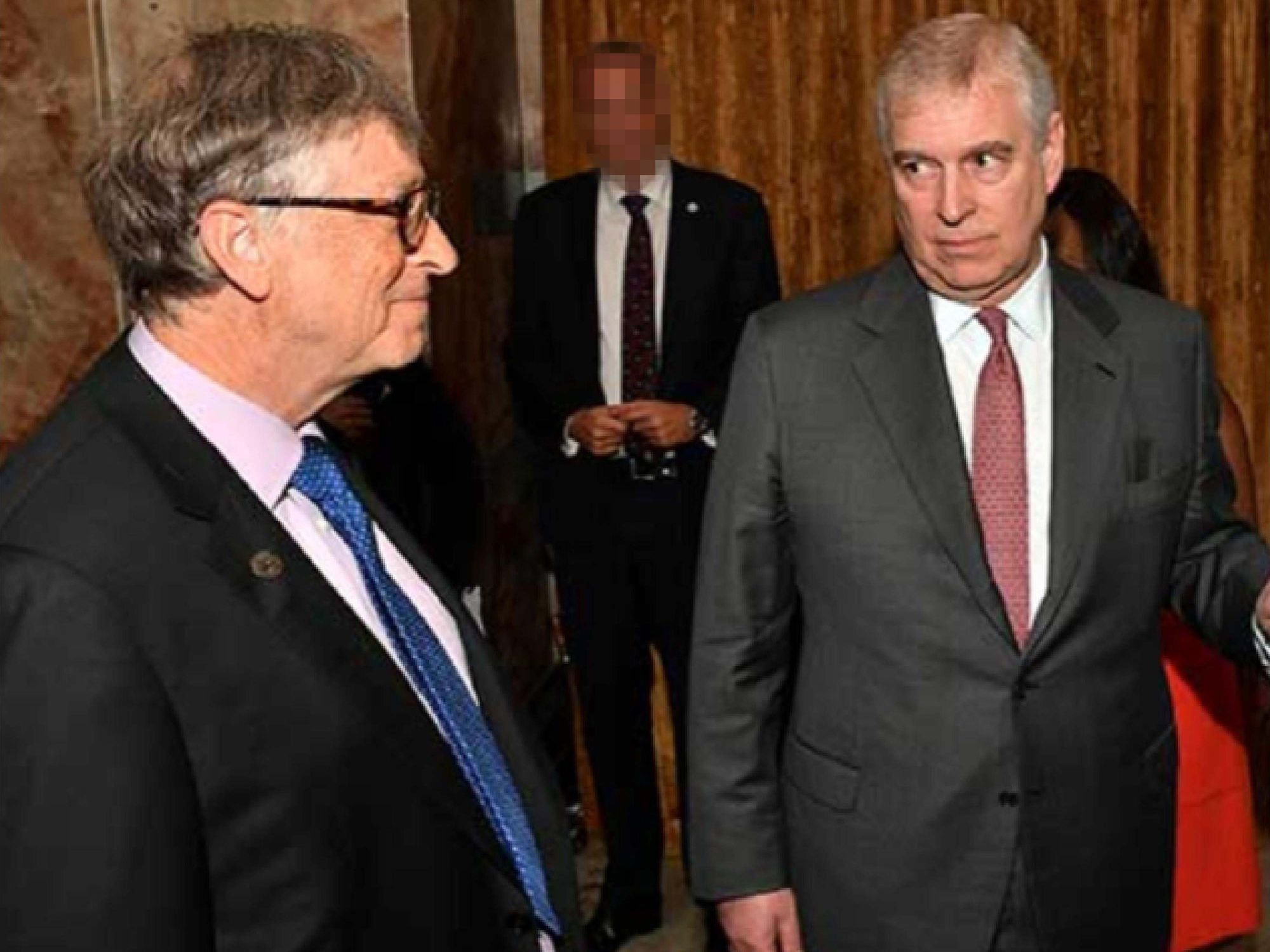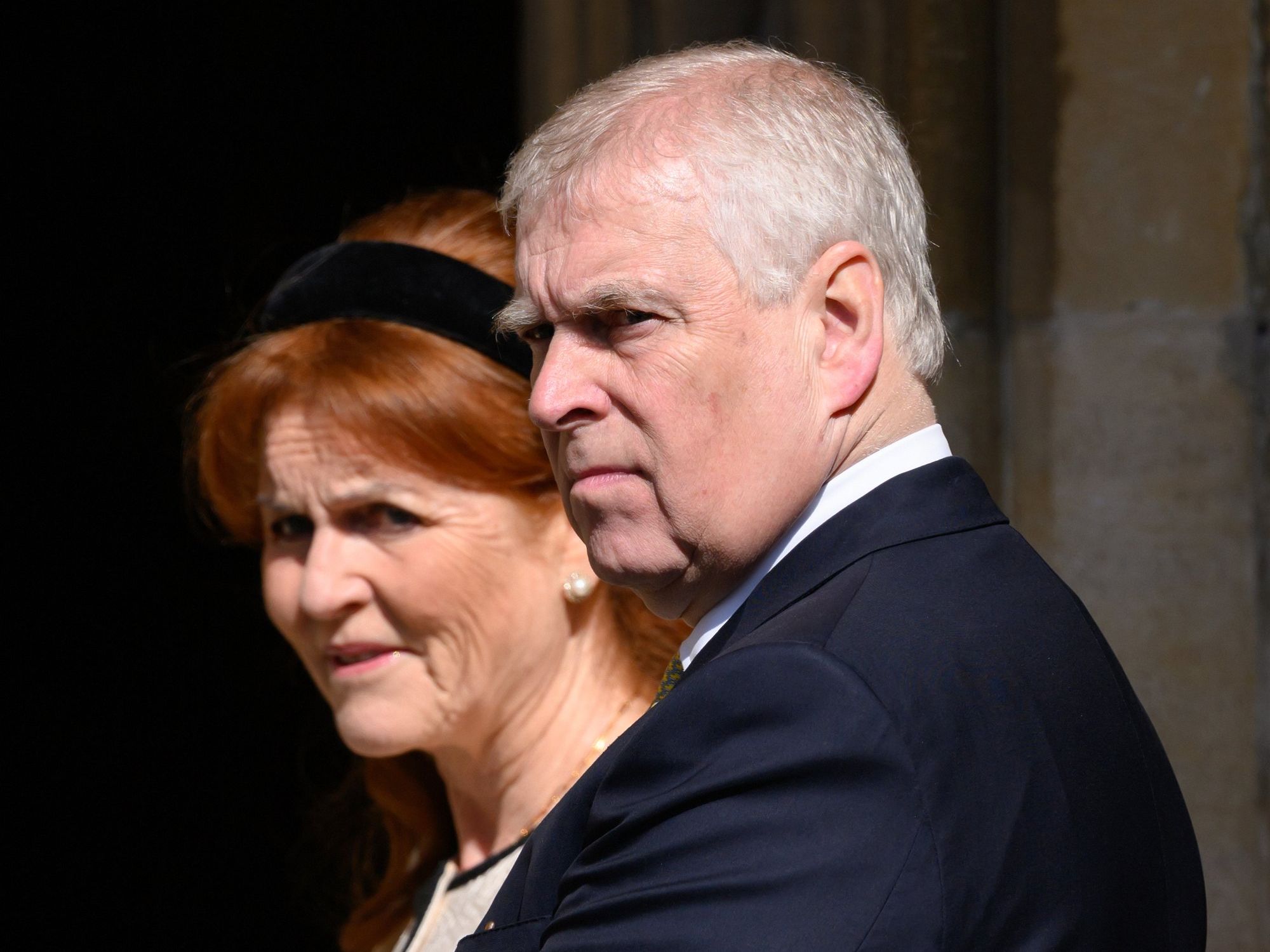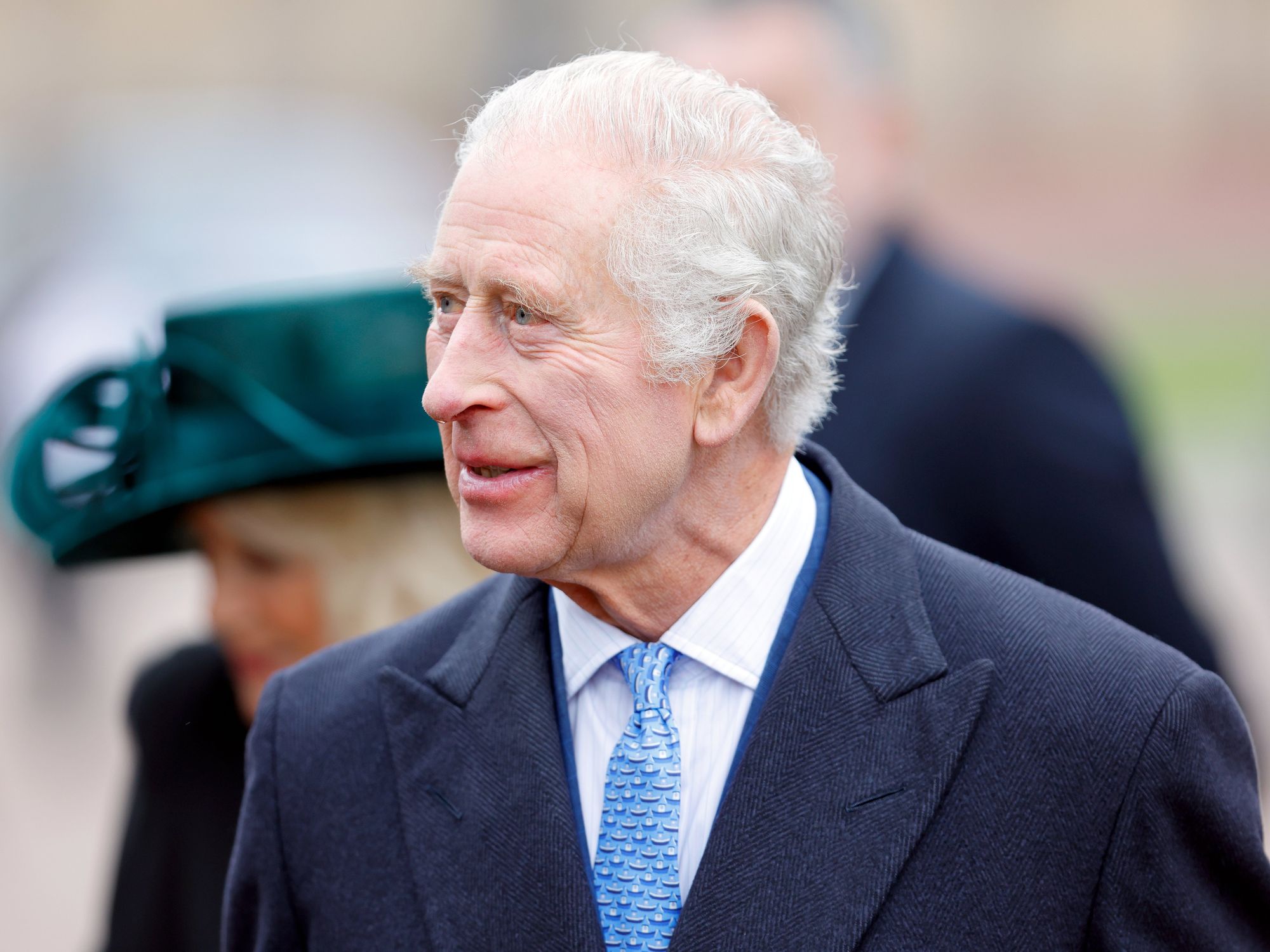Germany's illegal migration PLUMMETS after new border crackdown
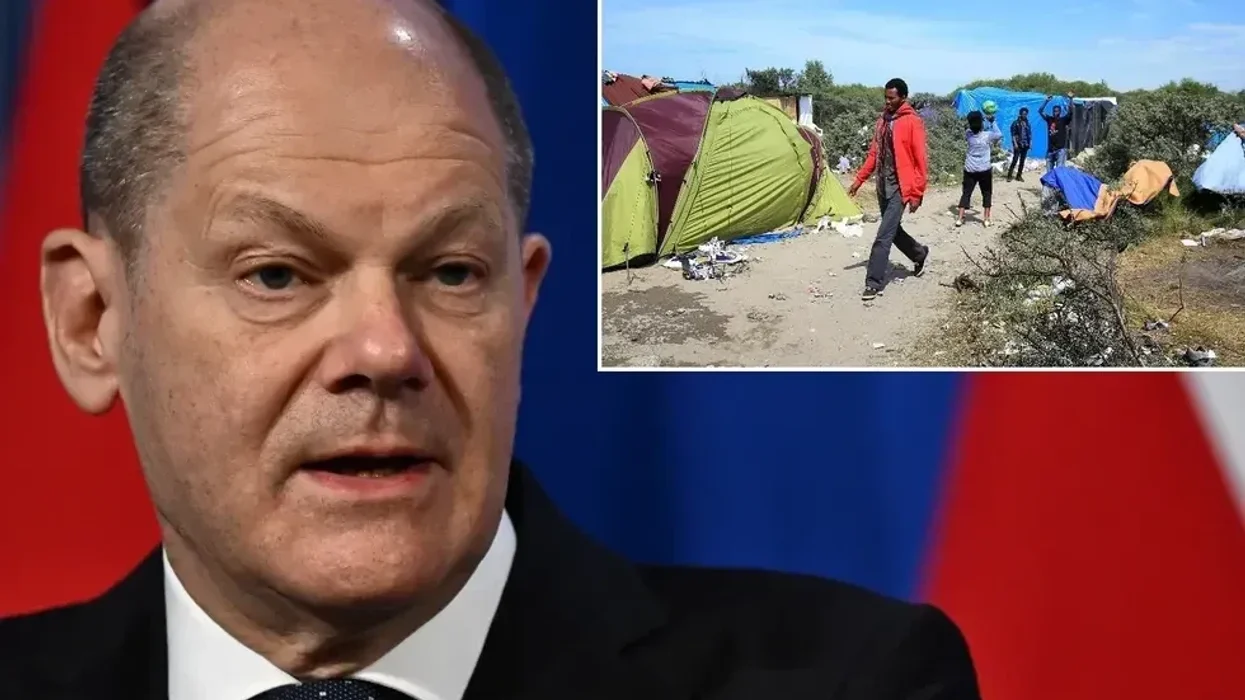
Illegal migration in Germany has plummeted after the government put in place tough new border checks in October
|PA

Germany introduced new checks at its border with Poland, the Czech Republic and Switzerland
Don't Miss
Most Read
Latest
Illegal migration in Germany has plummeted after the government put in place tough new border checks in October.
There were 18,384 "unauthorised entries" in October, federal statistics show.
But this figure fell sharply to 4,353 in November, after the checks were introduced.
Germany introduced new checks at its border with Poland, the Czech Republic and Switzerland, including identity vetting, passport checks, police interviews, static checkpoints and vehicle inspections.
WATCH: Von der Leyen says, 'We will decide who comes to the EU'
Such border checks within the EU are not part of the EU's Schengen borderless travel rules, meaning Germany was forced to introduce a directive, separate to the EU rules.
The directive was introduced by the German Interior Ministry last month.
Armin Schuster, Interior Minister for Saxony, said that the border controls "have exceeded our expectations, significantly so".
At the time of their introduction, Germany President Olaf Scholz said it was a "historic moment".
The European nation was struggling to cope with a more than 70 percent rise in asylum applications in 2023 alone.
Before the checks were introduced, Germany was on course to take in the most asylum seekers since the height of the 2015 migrant crisis, which was sparked by an exodus from Syria in the wake of the civil war.
While Scholz denied that the firmer line on the issue came as a result of pressure caused by the rise of popularity of right-wing Alternative for Germany (AfD), the growing support for the party is likely to be causing concern in his party.
The AfD The party made gains in two state elections in October, coming second in Hesse and third in Bavaria.
The results both represent historic gains for the party.
LATEST DEVELOPMENTS:
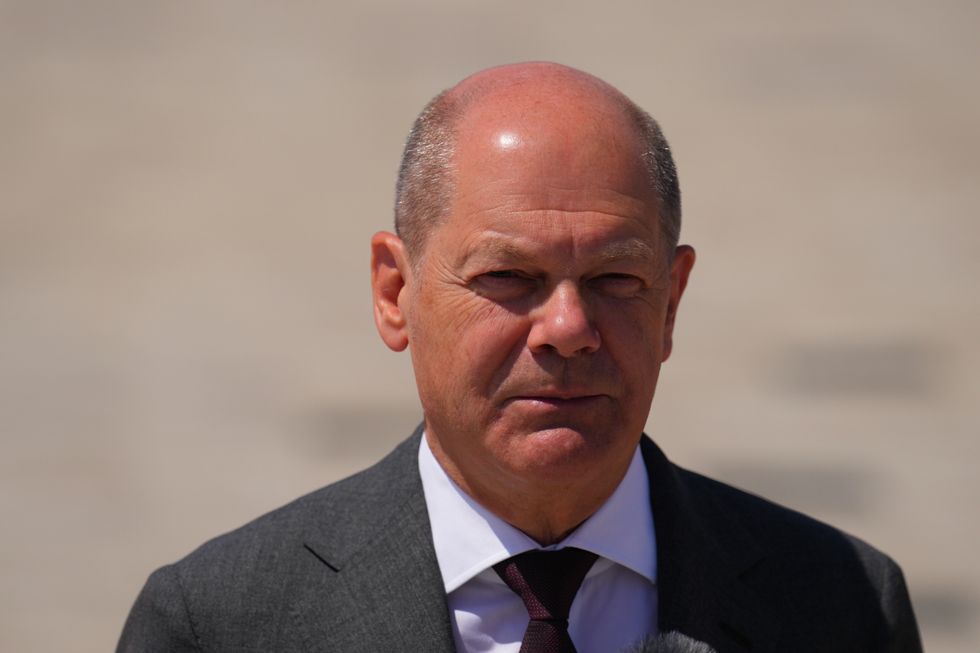
Scholz denied that the firmer line on the issue came as a result of pressure caused by the rise of popularity of right-wing Alternative for Germany
|PA
Meanwhile, the three parties that make up Olaf Scholz's federal coalition government were hit with significant losses.
The centre-left Social Democrats (SPD), the Greens, and the liberal Free Democrats (FDP) all saw their support fall.
The election, seen as a bellwether for national feeling, represents growing dissatisfaction with Scholz's leadership.





